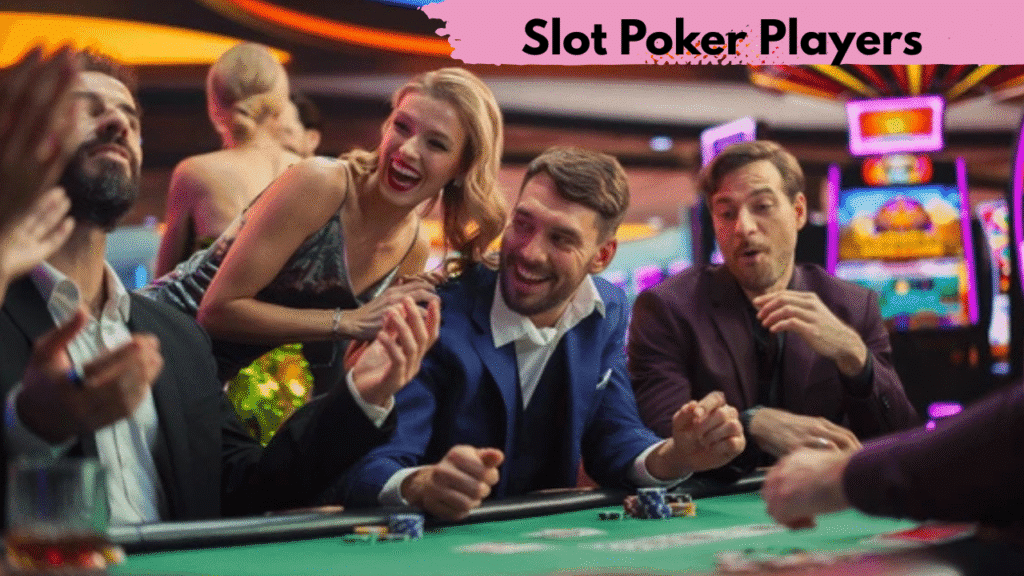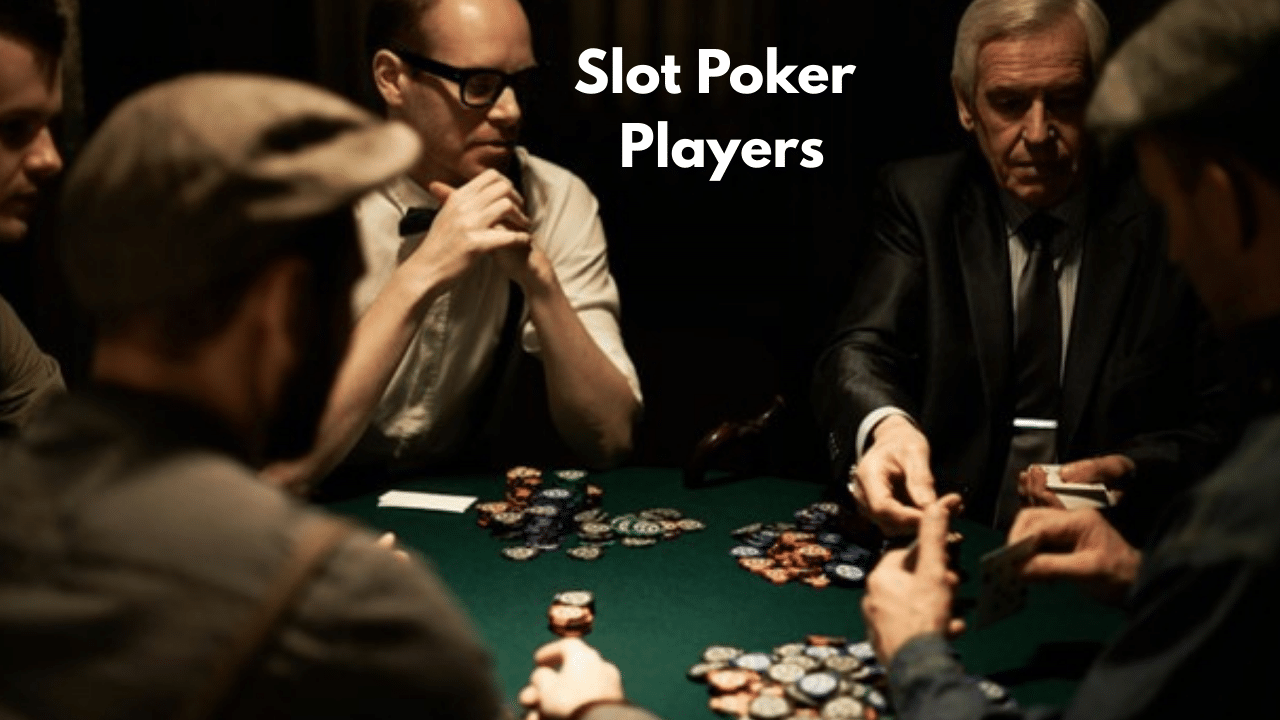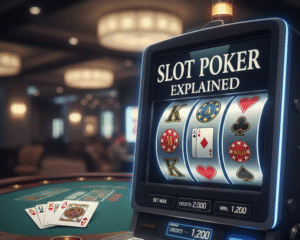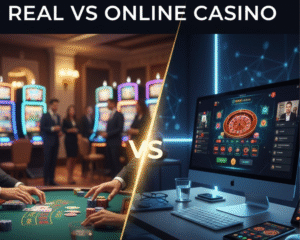If you enter a casino or access an online, you will notice something interesting. Some players come to the summary of rotation of the game machines, while others gather around the poker tables and carefully plan their movements. What makes a player attracted by one game over another? It is not just happiness or preference. The answer lies in psychology. Slot Poker Players can sit in the same casino, but their motivations, their behaviors and their ways of thinking are worlds. Let us immerse ourselves in fascinating psychology behind the poker players of slot machines and discover what really motivates their decisions.
The attraction of VS poker slot machines
At first glance, Slot Poker Players could not be more different. The Slot Poker Players are with immediate satisfaction – turn, wait a few seconds and see the result. Poker, on the other hand, requires skills, patience and strategy.
But psychology explains why people choose one above the other. Final players are often motivated by evasion, pleasure and coincidence sensation, while poker players are attracted to competition, control and mental challenge to overcome in cunning.
Risk insurance and sensational seekers
Final players are usually sensational seekers. They love the coup derenaline that derives from unpredictability. Each turn is a new possibility and the randomness keeps them dependent. It is as if I were guiding on a Russian mountain – you know that the drop is coming, but you don’t know exactly when.
Poker players are now calculated for people. They embrace the risk, but try to control it bluffing strategy, bluff and reading other players. Their feeling does not come from pure possibility, but from the control of the game and making intelligent decisions.
The connection to the dopamine
Whether it’s a final leverage or to turn a hand of winning poker, both types of players experience dopamine peaks – the natural reward of the brain.
Final players get dopamine from anticipation and almost lack. Even if they forgive, the structure and the flashy lights keep them involved.
Poker players get dopamine from the strategy that the fruits are bringing fruit. Winning a hand after a careful planning movements gives a greater sense of satisfaction. Both groups chase high dopamine, but in very different ways.

The illusion of control
Psychology is difficult here. The Slot Poker Players are based on pure happiness, but many final players believe they can influence the result by pressing the button at the “right time” or choosing specific machines. Due to this illusion of control, he feels enhanced, even in a game of possibility.
Poker, on the other hand, really allows control. Skill, decision and strategy can change the results. Poker players thrive on this feeling of control, which feeds their self -care and competitive thrust.
Escapism against control
Why do people play first? For the last players it is often evasion. They transport colored lights, enveloping music and exciting themes away from daily stress. Slot Poker Players are a quick and simple way to disconnect and be entertained.
However, poker players are motivated by control. They want to refine their skills, test their intelligence and test themselves against others. For them, the game is a mental battlefield, not just entertainment.
The role of social interaction
Slot Poker Players are usually solo experiences. Players must not communicate, which appeals to those who prefer private entertainment. It is a personal escape, free from pressure or judgment.
Poker, on the other hand, thrives on social dynamics. Reading body language, bluffing and competitive head head are part of the sensation. For many poker players it is not just about the cards, but it is people at the table.
Almost psychological errors and traps
Final players often fall into the fall of almost – Misseri – when the coils await almost on a jackpot. Psychologically this creates a feeling of “almost winning”, which makes them run.
Poker players represent a different fall: inclination. When emotions such as anger or frustration show their judgment after loss, they make wrong decisions. Both groups are vulnerable to the psychological triggers who push them to continue playing longer than expected.
The impact of the types of personality
Psychologists suggest that the personality plays an important role in the question if someone becomes a final player or a poker player.
Final players often get a higher score in impulsiveness and properties of sensation.
Poker players usually show patience, analytical thought and competitiveness.
This explains why people are naturally attracted to one type of game on top of the other.
Motivation of money against entertainment
Money is obviously a factor. But this is not interesting in the same way.
Final players often see gambling as entertainment. They may not expect great victories, but enjoy the experience itself. Poker players usually consider the game as an opportunity to make money with the help of skills. For them it is not just a pastime: it is a challenge to beat the opportunities and the opponents.
Online world: Slot vs. Psychology poker
The rise of online casino stressed these differences even more. Online Slot Poker Players are available 24 hours a day, 7 days a week and offer directly, easily fun. Poker Rooms Online replicate the strategy and competition, complete with live retailers and global opponents.
It is interesting to note that some players cross, but their psychological motivations remain the same: the final players chase pleasure and excitement, while poker players chase the strategy and victory.
Read More: Slot Poker Jackpot Stories That Shocked the World
Conclusion
The psychology of Slot Poker Players is a story out of two thoughts. Final players thrive for coincidence, color and feeling of uncertainty, while poker players Bramano skill, control and challenge. Both games use fundamental human emotions: anticipation, reward and impulse of excitement.



